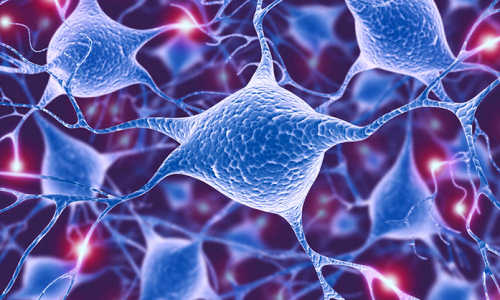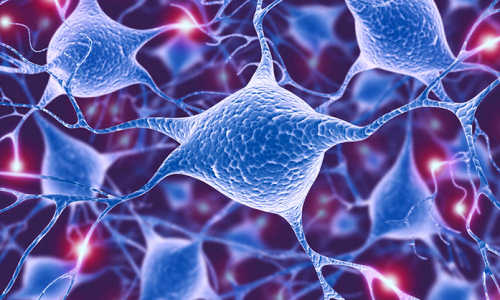In the absence of food, neurons that normally control appetite initiate complex, repetitive behaviors seen in obsessive-compulsive disorder (OCD), and anorexia nervosa, according to a new study by Yale School of Medicine researchers.
The findings are published in the March 5 online issue of the journal Cell.
Neural circuits are responsible for flexible goal-oriented behaviors. The Yale team investigated how a population of neurons in the hypothalamus that control food intake are also involved in other behaviors. Known as Agrp neurons, these cells also control repetitive, stereotypic behaviors in mice when food is not available, the researchers discovered.
The team tested the behavior of mice after the Agrp neurons were activated. They found that in the absence of food, mice engaged in repetitive behaviors, such as grooming and marble burying. They further demonstrated that these behaviors were goal-oriented and not related to anxiety.
“These observations unmask the relevance of primitive brain regions previously linked to eating to other complex behaviors,” said lead author Dr. Marcelo Dietrich, assistant professor of comparative medicine and neurobiology and a member of the Yale Program in Integrative Cell Signaling and Neurobiology of Metabolism at Yale School of Medicine. “These findings are relevant to understanding diseases with both homeostatic and compulsive components and highlight the multitasking nature of neurons in the brain.”
According to Dietrich, the data suggests that these primitive brain regions play a crucial role in psychiatric conditions. “The research lays the groundwork for possible clinical trials to address the behavioral aspects of anorexia nervosa and other neuropsychiatric diseases with compulsive behavioral components,” he said.
Other authors on the study include Marcelo R. Zimmer, Jeremy Bober and Tamas L. Horvath.
The study was funded by the National Institutes of Health, the American Diabetes Association, the Helmholtz Society, The Klarman Foundation and the Conselho Nacional de Desenvolvimento Cientifico e Tecnologico, the Brain and Behavior Research Foundation, and a Science Without Borders fellowship from CNPq/Brazil.
Story Source:
The above story is based on materials provided by Yale University.






